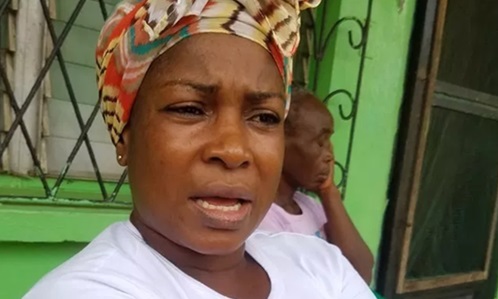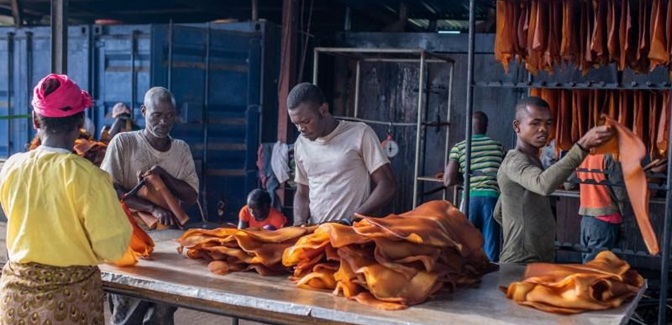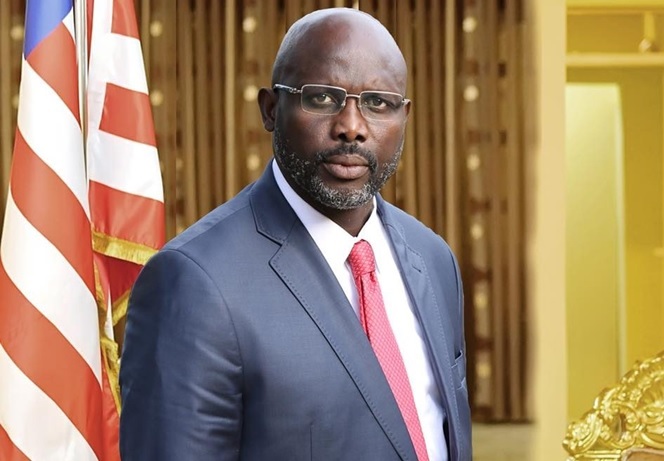MONROVIA – The mother of the late Odell Sherman, Mrs. Cynthia Sherman, has expressed the family’s lack of trust in the government to conduct an autopsy on their daughter’s remains. Odell, a high school student, was found lifeless on Tuesday, May 22, 2019, at the home of Reverend Emmanuel Giddings in Duazohn, Margibi County.
Mrs. Sherman criticized the conflicting information from both the Liberia National Police (LNP) spokesman, H. Moses Carter, and authorities of the ELWA Hospital. She highlighted the family’s request for an independent pathologist to examine Odell’s body, which the LNP initially declined, citing financial constraints. This led to protests, including one at the LNP headquarters, to raise funds for an independent pathologist.
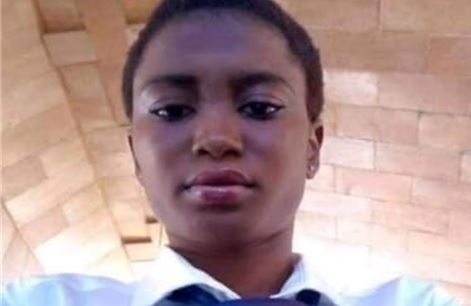
Despite the family’s efforts to raise funds, the government rejected the pathologist selected by the family, claiming he was not licensed to practice in the country. Mrs. Sherman expressed frustration over the lack of transparency and accused the police of protecting the family of Rev. Giddings, where Odell was found.
Mrs. Sherman emphasized that justice for Odell is a priority for her family, and they will continue to seek it despite facing challenges. She criticized the government for not producing any suspects or charges related to Odell’s murder since her death.
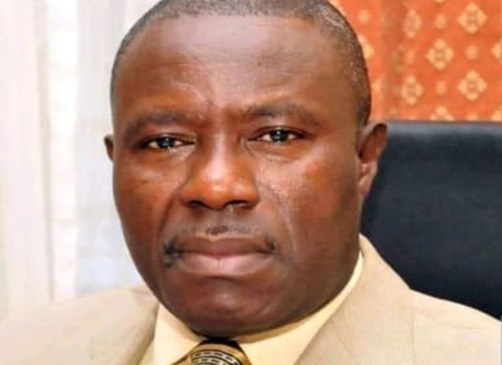
Moses Carter, speaking on behalf of the LNP, stated that the autopsy would be conducted by a Liberian pathologist trained by UNDP, not the pathologist chosen by the family, as the latter was not qualified. He reiterated the government’s commitment to conducting a thorough investigation and ensuring justice for Odell.
The autopsy, initially scheduled for July 2, was postponed to July 5, 2019. The delay has sparked further criticism from the family and raised concerns about the transparency of the investigation.
Since President George Weah took office 19 months ago, Liberia has witnessed several protests over issues including the justice system, abuse of power, and corruption. The protests reflect a growing frustration among Liberians over these recurring problems.


